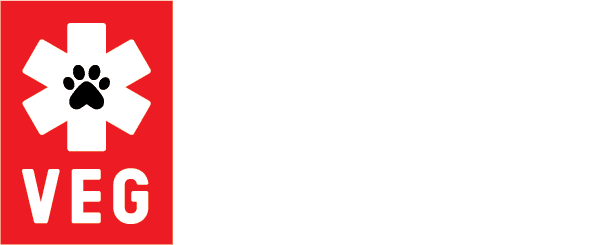Financial Planning for Pet Owners
Pet ownership comes with immeasurable joy, companionship and yes, financial responsibility. As devoted pet parents, ensuring our furry friends receive optimal care, involves thoughtful financial planning.
As fulfilling as pet ownership can be, it’s crucial to comprehend the financial implications over the lifetime of your pet.
The Cost of Pet Ownership
Pet ownership brings both predictable and unforeseen expenses, necessitating a clear understanding of the financial commitments involved.
Initial costs vary significantly based on various factors, such as the pet’s breed, age and where you acquire the pet:
- Adoption fees
- Purchase fees, if acquiring the pet from a breeder
- Travel costs, if necessary
Ongoing costs include:
- Daily essentials like food, toys, treats and grooming.
- Routine veterinary care, vaccinations and preventive medications.
- Unanticipated expenses for emergencies and/or unexpected illnesses.
Tips for Effective Financial Planning for Your Pet
Financial planning mitigates unexpected costs and ensures your pet receives consistent care and attention.
Create a Budget
It’s vital to create a comprehensive budget specifically for pet-related expenses. This budget should include categories for:
- Food
- Medical care
- Grooming
- Toys and treats
- Bedding
- Insurance premiums and deductibles
An emergency fund dedicated to your pet’s healthcare needs can help cover unexpected vet bills, deductibles and other expenses. Allocating a portion of your monthly budget to this fund ensures financial readiness for any unforeseen medical emergencies.
Pet Insurance and Health Savings
Pet insurance plans can help offset the costs of veterinary care in case of accidents, illnesses or chronic conditions. A few pet insurance policies are now allowing coverage for wellness visits.
Understanding the coverage options and choosing a plan that suits your pet’s needs and your budget, is essential.
Establishing a savings account specifically for your pet’s healthcare expenses can serve as an alternative to pet insurance, or in addition to, as a safety net. Contributing to this account regularly, ensures you have funds available for pet care and emergencies.
Cost-Saving Strategies
- Routine Preventative Care: Prioritizing routine check-ups, vaccinations and preventative medications can help avoid more costly health issues down the line.
- DIY and Economical Options: Exploring do-it-yourself grooming techniques, or opting for cost-effective pet supplies and medications by comparing prices from different retailers, can significantly reduce expenses.
Long-Term Planning and End-of-Life Care
Planning for the long haul ensures your pet’s well-being through every stage of life.
Planning for Pet’s Longevity:
- Consider potential age-related health issues and their associated costs.
- Include pet care directives in estate planning or establish a pet trust to secure your pets’ future if something happens to you.
Considering End-of-Life Care:
- Prepare for end-of-life expenses, including euthanasia and aftercare costs.
- Ensure you have a plan in place to honor your pet’s memory, while managing these challenging expenses.
Conclusion
Financial planning is an integral aspect of responsible pet ownership. By understanding and effectively managing the costs involved, you not only provide your pet with optimal care, but also ensure your financial stability.
Committing to a well-thought-out financial plan grants you the ability to navigate unexpected expenses and nurture a fulfilling and worry-free journey as a pet owner. Remember, financial preparedness is an investment in your pet’s health and happiness.











